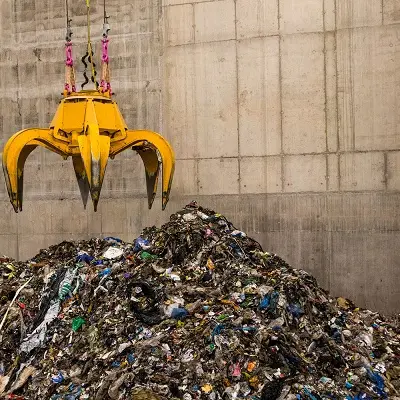PHOTO
Dubai has become a cheaper place to rent in 2019, but rising costs in other areas meant that the average disposable income enjoyed by a typical couple after rent payments actually fell, a survey from Deutsche Bank has found.
The bank's annual Mapping the World's Prices Index, which ranks the cost of living in 55 cities relevant to global financial markets globally, stated that Dubai ranked 17th overall in its Quality of Life index in 2019 - up one place on 2018, while Riyadh ranked 26th one the same index and Cairo ranked 49th.
The ongoing slump in Dubai sale and rental prices meant that the firm moved down four places on a list ranking from most expensive to least, with average monthly rental costs for a 2-bedroom apartment cited at $1,576 per month - a 13 percent decline on last year.
However, Dubai also fell by three places to 11th on a ranking measuring disposable income after rents (assuming two people working and sharing a home). The average couple have $2,068 at their disposal after paying rent in 2019, a 19 percent year-on-year decline from the $2,554 at their disposal last year. This is because the average monthly salary in the city dropped 17 percent year-on-year to $2,856 per month, according to Deutsche Bank's report, citing data from website expatistan.com.
San Francisco was the city with both the highest salaries and levels of disposable income, usurping Swiss city Zurich's longstanding reign at the top of both rankings.
The survey found that consumer price inflation in the United Arab Emirates (UAE) in 2018 jumped to 3.08 percent, from 1.97 percent in 2017. The UAE introduced a 5 percent rate of value added tax on most goods and services on January 1, 2018.
The UAE was also the most expensive country to appear in the rankings for internet charges, and the second-most expensive place to buy a cappuccino, but it scored better than comparable cities for other costs such as taxis and fuel.
A Consumer Confidence Tracker survey for Q1 2019 published by Dubai-based financial comparison site yallacompare on Sunday found that 30 percent of UAE residents are paying a lower amount in rent than they were 12 months ago.
The firm said in a press release that of more than 1,000 residents surveyed, 30 percent said they were paying less rent, 37 percent said they were paying the same amount, and 33.1 percent said they were paying a higher amount in rent than the previous year.
"Residents clearly need to do more to secure lower rents,” Jonathan Rawling, CFO of yallacompare said in the press release.
"We repeat our previous advice – that moving home, with all the associated costs, does not necessarily lead to a significant drop in rent. Tenants are more likely to secure lower rates by negotiating with their existing landlord. This must be done three months before the lease expires, before the contract automatically renews on existing terms.”
(Writing by Michael Fahy; Editing by Mily Chakrabarty)
Our Standards: The Thomson Reuters Trust Principles
Disclaimer: This article is provided for informational purposes only. The content does not provide tax, legal or investment advice or opinion regarding the suitability, value or profitability of any particular security, portfolio or investment strategy. Read our full disclaimer policy here.
© ZAWYA 2019











